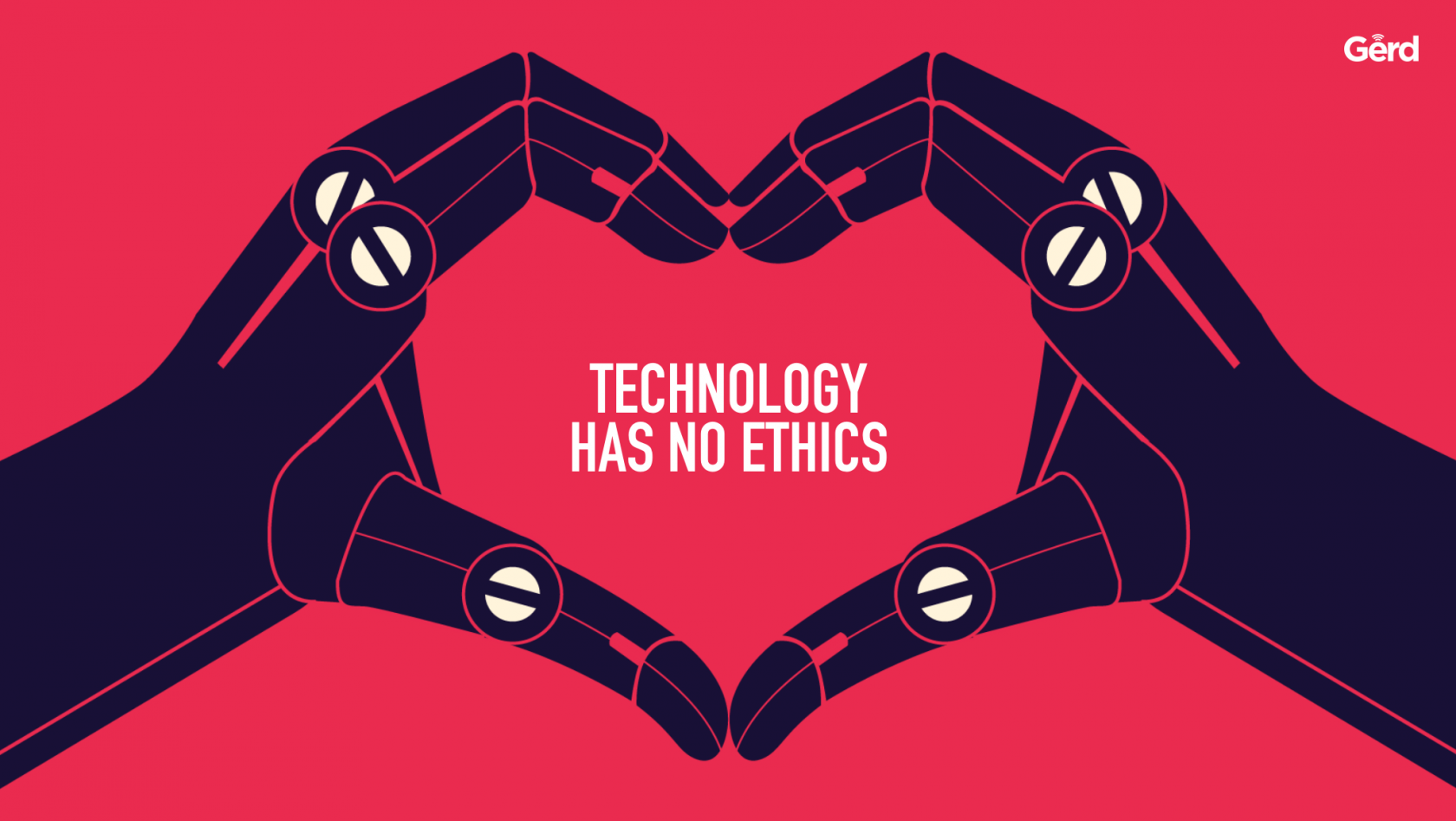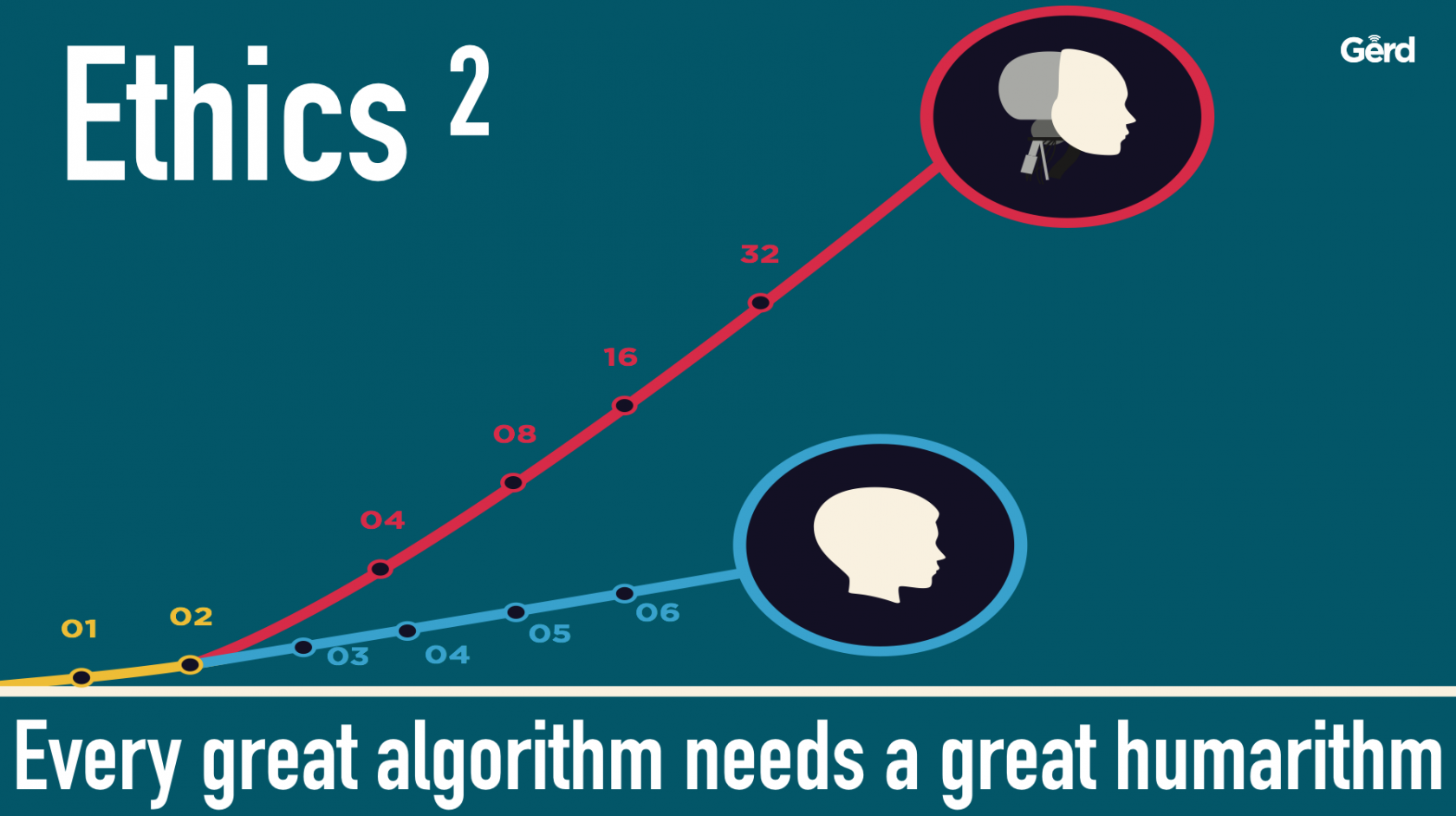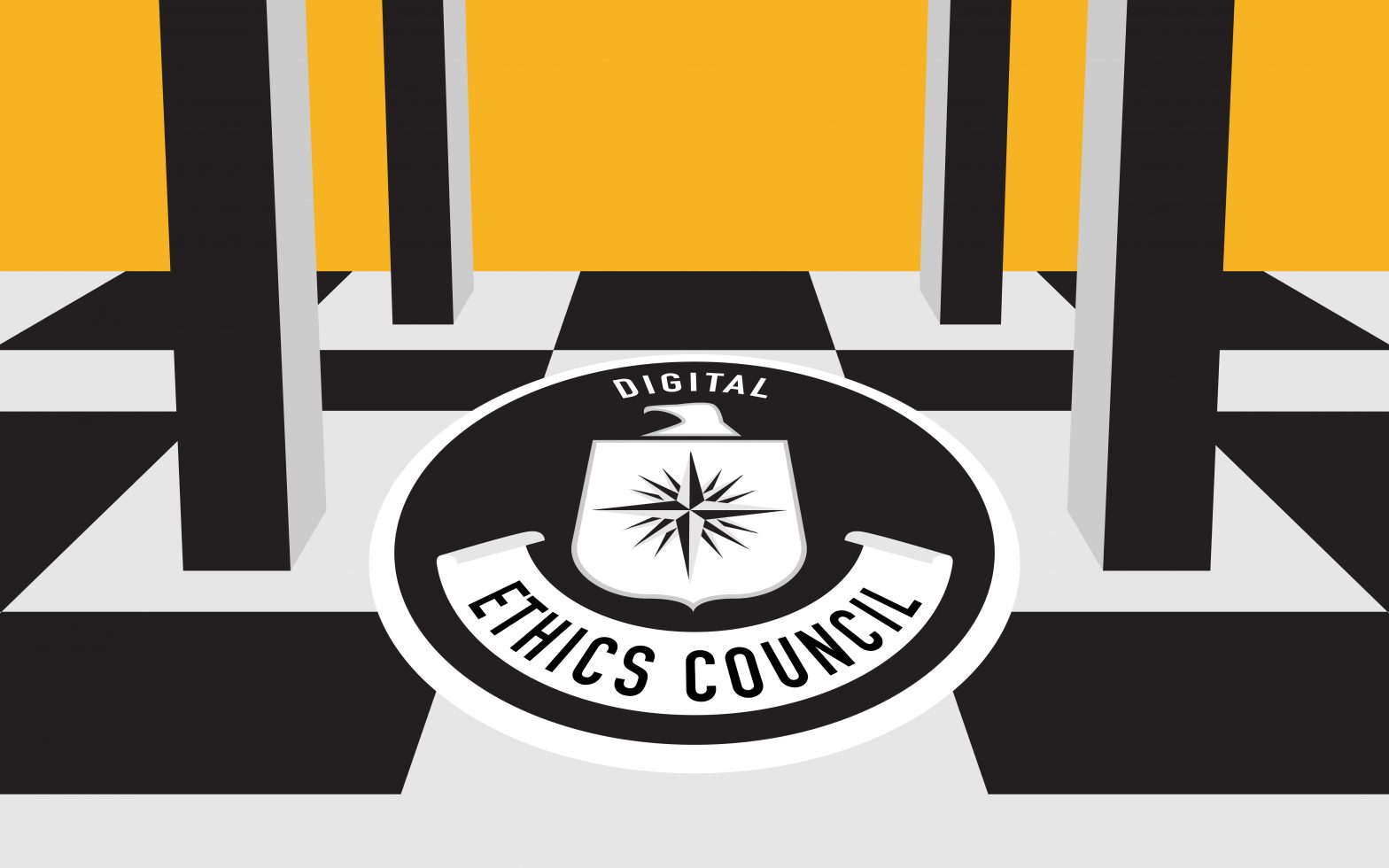My good friend Bill Wilkie has a new post on ethics. Bill has several academic degrees in Ethics (applied, comparative, philosophical), and recently founded a company to focus exclusively on Technology and Ethics.
There is some nice, fresh thinking here, putting ethics and technology into a broad historical perspective. Some examples:
“It’s clear that the primary and essential thing every business does, just to be in business and stay in business, is to create and maintain relationships. I don’t mean simply the squishy feel-good kind, but rather the critical, long-lasting, resilient, transactional, affective, and especially profitable relationships that form the backbone of any enterprise. I’m talking about relationships with customers, followed closely by people and suppliers. It starts and ends there — no relationships, no business. Everything else is detail… Ethics are no longer nice to have, they are necessary.
For examples of what happens when companies are inattentive, blindsided or have made serious if sometimes unintended missteps, look no further than Facebook, Google, Uber, Wells Fargo, Theranos, Sequoia Capital, Tesla Volkswagon, Monsanto, Fox, or the Weinstein Company. All these companies and many many more have become flashpoints around ethical confusion and even outrage which can halt momentum and create large costs in either stock price/market cap, new investment, goodwill, regulatory pressure, loss of key people, enormous distraction, litigation, embarrassment, misalignment, employee activism, many unexpected hours and, in extreme cases, possibly even their existence. That’s real money.
And how do we stay ahead of the curve so we’re not reacting to bad surprises, but instead riding a wave of ethically-informed relationships that enhance the business? Wouldn’t that be the goal — to grow, align and protect the business in accordance with the most current, powerful and salient perceptions and expectations of the business’ own customers, employees, and suppliers? Can ethics leverage that to become a driver of business, as well as a protector? As such, can it be a strategic asset?”
Gerd has been advocating the creation of a Global Digital Ethics Council ever since he published his book Technology vs. Humanity in late 2016. Bill's suggestion to use ethics as a driver, protector, and strategic asset instead of a mere reaction to bad surprises is the optimistic mindset we will need in such a council to avoid getting trapped in all sort of dystopian scenarios. As Bill's post is labeled “Part-1”, I have a hunch that he is just getting started. Can't wait to read Part-2 and Part-3.
Guest post by The Futures Agency content curator Petervan
Other Resources



